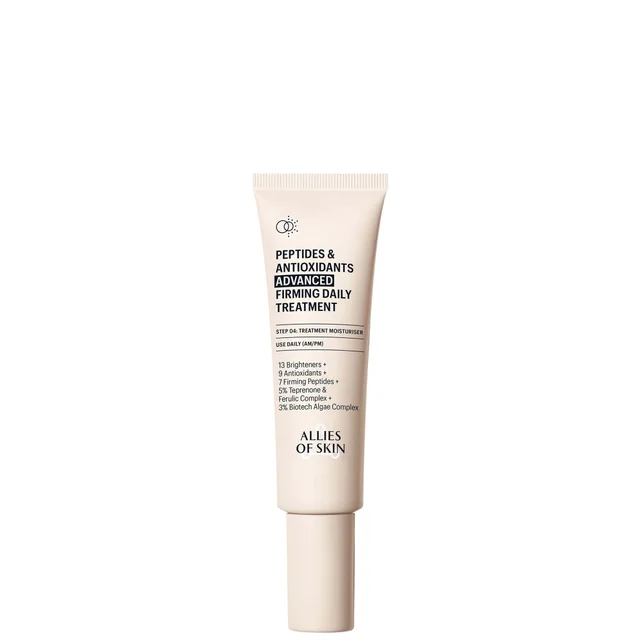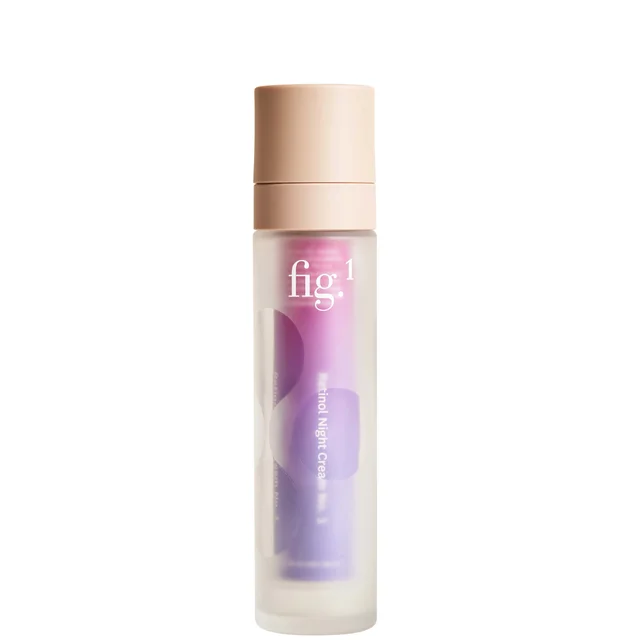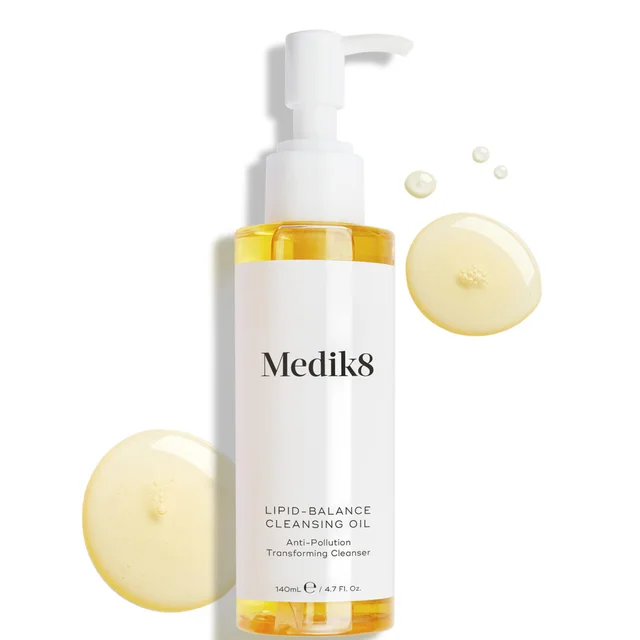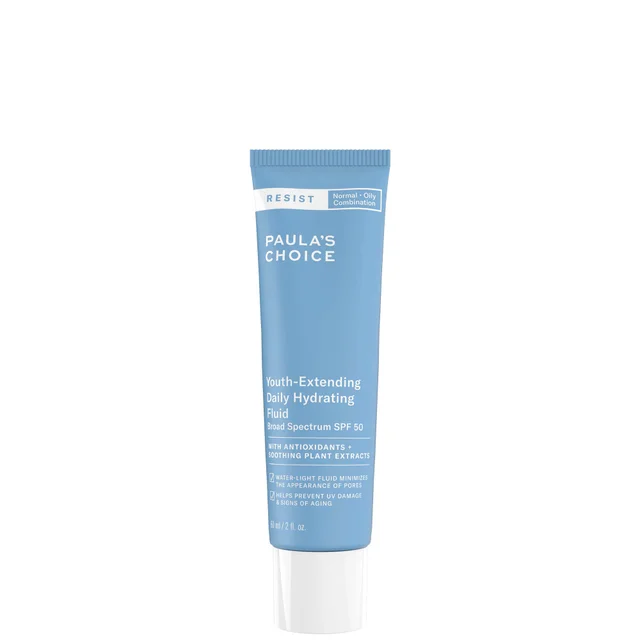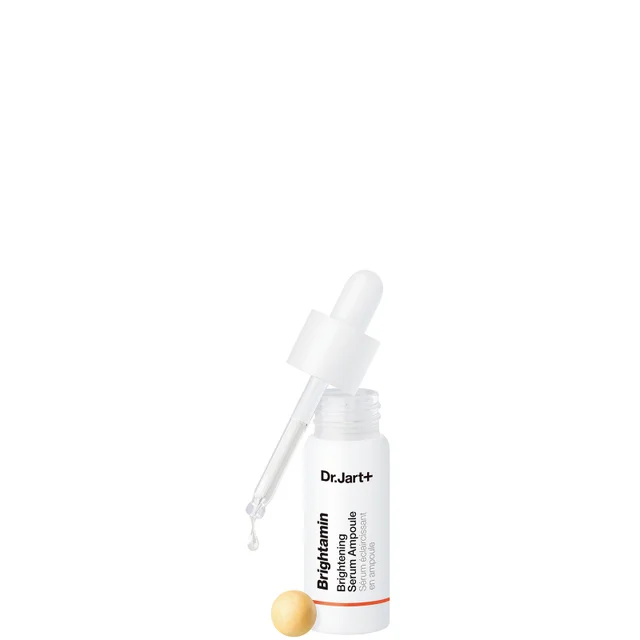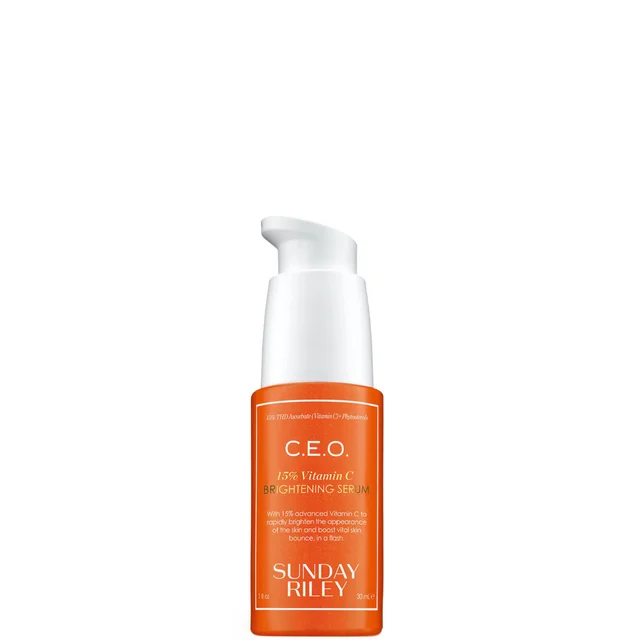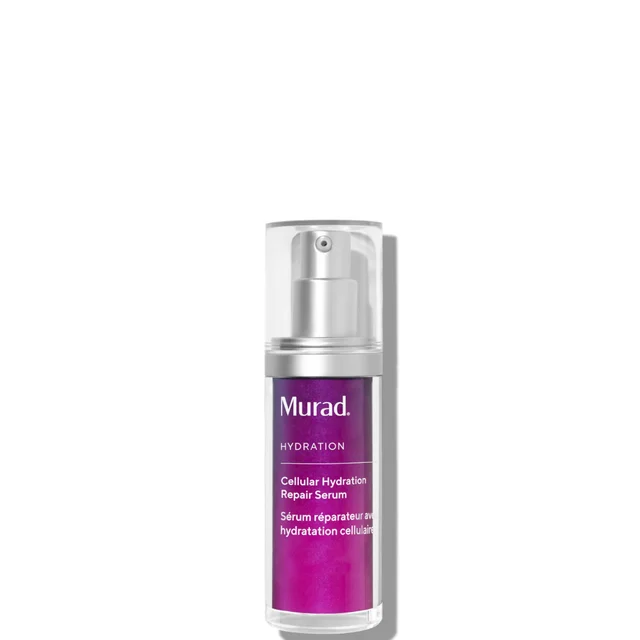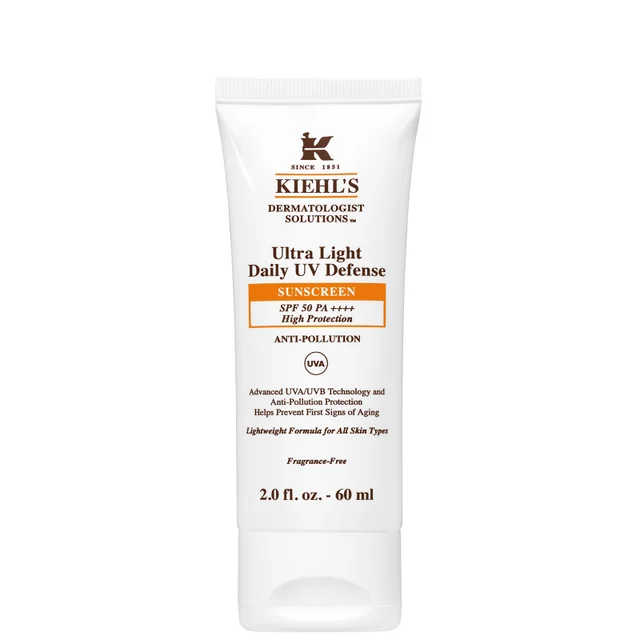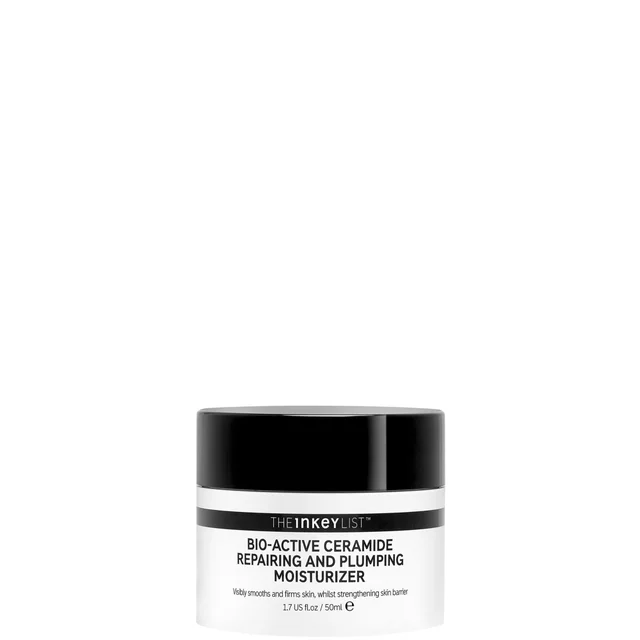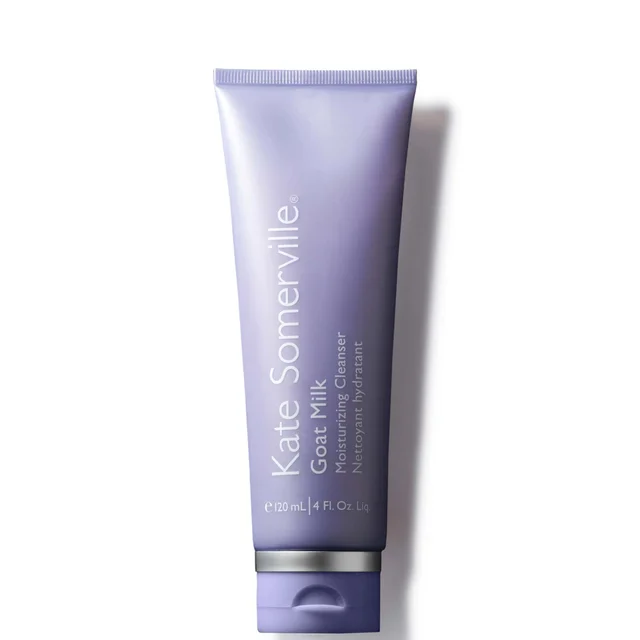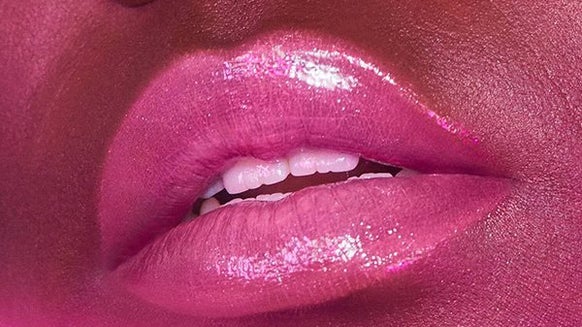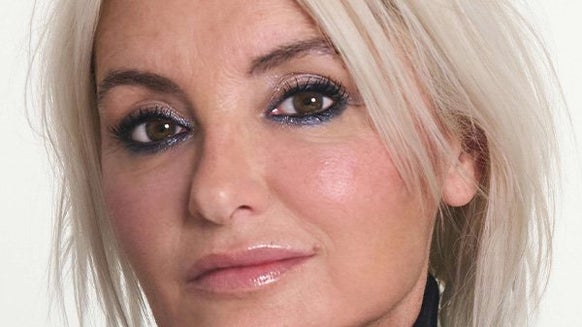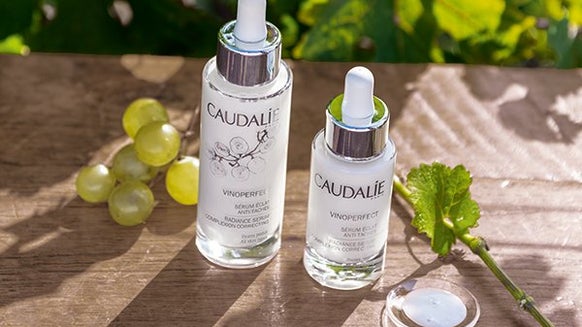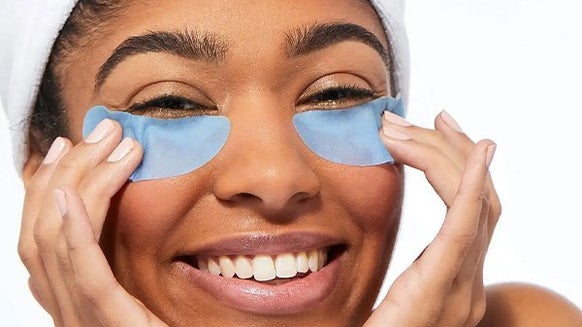HOW TO BUILD A DERMATOLOGIST-APPROVED SKIN CARE ROUTINE
To find out how to build a dermatologist-approved skin care routine, we sat down with a team of experts and members from the British Beauty Council Advisory Board. Here, we speak to Debbie Thomas, one of the UK’s leading skin and laser experts with over 20 years of experience, along with Dr Alexis Granite, another member of the British Beauty Council Advisory Board with specialist knowledge in dermatology.
A MOMENT FOR THE EXPERTS
What are key things to remember when indulging in a dermatologist-approved skin care routine?
Agreeing with the sentiment that less is more, Debbie adds: “One of the biggest issues I have seen over more recent years is overuse of products, mixing too many ingredients and over-saturating the skin is leading to sensitivity, congestion and dehydration. Consistency is key for good skin health, a few well-selected products used long term is the way to gain happy, healthy skin.”
“In the same breath we see more active ingredients that can over-stimulate or strip the skin, like exfoliating acids,” she adds.
What’s more, Debbie says that “if you want to look youthful for longer, invest in a good SPF and use it daily. The sun’s UV rays are responsible for up to 80% of visible ageing in the skin.”
Which key ingredients can we expect to find in a dermatologist-approved skin care routine and why are they essential?
What top tips would you recommend to anyone interested in curating their own dermatologist-approved routine?
“The basic building blocks of any skin care routine should start with cleanser and moisturiser twice daily, along with sunscreen each morning. When outdoors for extended periods or when swimming or perspiring heavily it’s best to reapply sunscreen every 2-3 hours,” say Dr Alexis. She continues, “healthy sun habits are key from an early age, as they say an ounce of prevention is worth a pound of cure!”
Dr Alexis continues to remind us: “Don’t neglect the skin below your chin! Over 90% of our skin is below the chin, and its health is essential to our overall well-being. Our body skin acts as the first line of defence against environmental aggressors, infection, dehydration and mechanical damage. Body skin also shows the same signs of ageing as facial skin and similar skin concerns such as breakouts, pigmentation and dryness.”
What skin care must-haves are in your own dermatologist-approved routine?

Precious is a Midweight Copywriter at Cult Beauty. Sticking her teeth into all things make up and skin care, Precious is always on the hunt for products that work perfectly together (while remaining loyal to her can’t-do-without staples). Like most beauty devotees, Precious doesn’t go a day without her trusted SPF 50+ and is a self-proclaimed fragrance-phile. Away from the vanity mirror, Precious can be found sat with a good book (probably by her favourite author, Toni Morrison) or nurturing her nostalgia with a quality animated film – namely Shrek.
